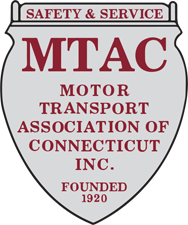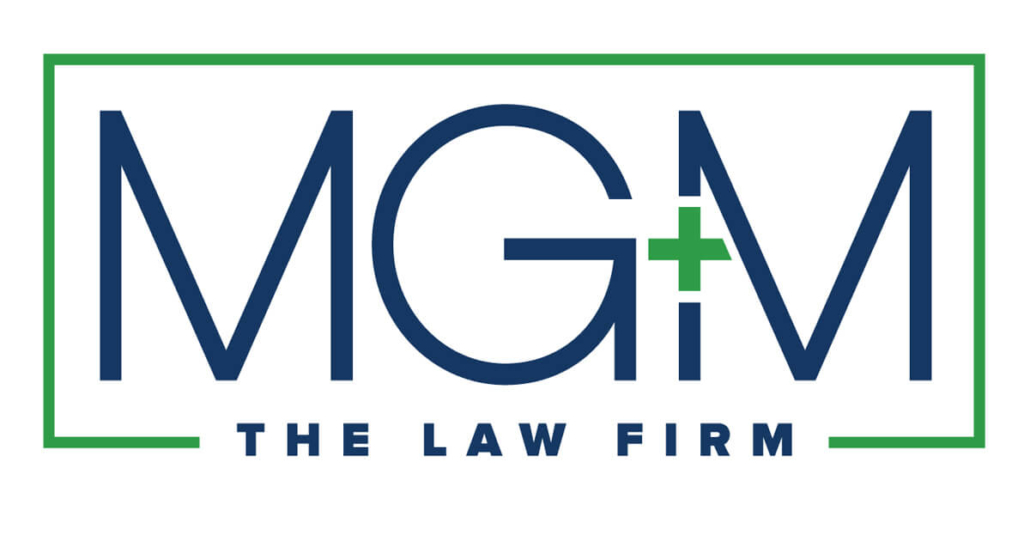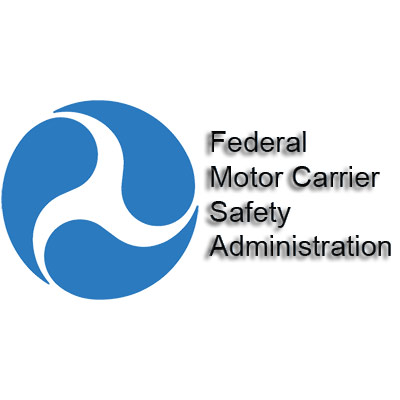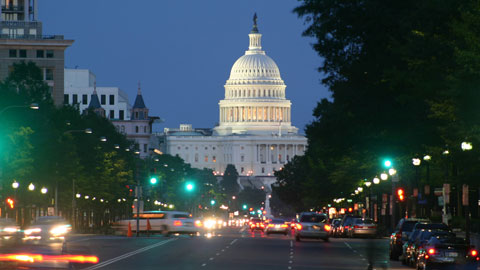COVID-19
FMCSA extends COVID hours of service waiver another 3 months
From Freight Waves. The Federal Motor Carrier Safety Administration’s COVID-19 hours of service waiver has been extended yet again. The waiver was to expire Tuesday. But late last week, just prior to the holiday weekend, it was extended again. The original COVID waiver was put into place March 13, 2020, in the first days of…
Read MoreAction needed in fight for CDL training funds
MTAC is fighting to make workforce development funds available to help train new CDL drivers, and we need your help. The funds in question are federal funds that are distributed to states under the American Rescue Plan Act (ARPA). Connecticut must decide how they want to use those funds. It is possible that some of…
Read MoreCOVID-19 vaccine & masking regulation in light of the SCOTUS stay of OSHA mandate
From MG+M The Law Firm. On January 13, 2022, the U.S. Supreme Court stayed the Biden Administration’s vaccine and masking emergency rule for large employers.[1] The “Vaccine Mandate,” a rule enacted by the Biden Administration’s Occupational Safety and Health Administration (“OSHA”), applied to all employers with 100 or more workers. The Vaccine Mandate required employers…
Read MoreBorder congestion feared as vaccination requirements change in January
From Transport Topics. The flow of freight between the United States and its neighbors Canada and Mexico could slow beginning in January, as all three countries adopt more stringent COVID-19 vaccine requirements for cross-border truck traffic. “All inbound foreign national travelers seeking to enter the United States via land points of entry or ferry terminals…
Read MoreFMCSA extends HOS waiver through February amid COVID-19 concerns
From Transport Topics. The Federal Motor Carrier Safety Administration extended regulatory waivers related to truckers’ allowable work time, citing public health concerns. The waiver associated with commercial drivers’ maximum driving time for property-carrying vehicles was extended through Feb. 28. FMCSA explained, “although the number of COVID-19 cases began to decline in the U.S. following widespread…
Read MoreFMCSA extends Emergency Declaration through May 31
From Transport Topics. The Federal Motor Carrier Safety Administration has again extended its emergency declaration offering regulatory relief to truckers involved in coronavirus-related assistance efforts. The declaration, which has been extended to May 31, applies to commercial motor vehicle drivers providing direct assistance in support of emergency efforts related to the coronavirus pandemic. “This extension…
Read MoreFacing filling order books, truck OEMs staring down supply chain shortages and concerns
From Commercial Carrier Journal. A global shortage of semiconductor chips has thrown vehicle production plans for some of the world’s largest automakers into question. Ford and GM are among the major players to already announce production limitations that could last into the spring. The chip shortage was spurred by COVID-related vehicle assembly plant shutdowns. With…
Read MoreUS House Transportation Panel delves into COVID concerns
From Transport Topics. The new year means a new session of Congress and the opportunity to achieve reforms across the federal landscape. To do so, lawmakers point to the need to push ahead on a resolution to the coronavirus pandemic. This week, the House Transportation and Infrastructure Committee scheduled a hearing to assess the pandemic’s…
Read MorePanel recommends vaccinations for everyone over 65-years-old
From CT News Junkie. A Connecticut advisory panel added everyone over the age of 65 and any adult with one federally-defined medical condition to its guidelines for the next phase of the COVID-19 vaccine rollout Tuesday. As the allocations subcommittee of the state’s COVID-19 Vaccine Advisory Group kicked off its virtual meeting, some members were…
Read MoreFMCSA extends CDL, CLP & Med Card Waiver through Feb. 28
Summary by American Trucking Associations (ATA). This waiver becomes effective on January 1, 2021 and expires on February 28, 2021. Please read the specific provisions below, as the dates and applicability vary. For CDL/CLP Drivers, the waiver will: Waive until February 28, 2021, the maximum period of CDL validity for CDLs due for renewal on…
Read More





